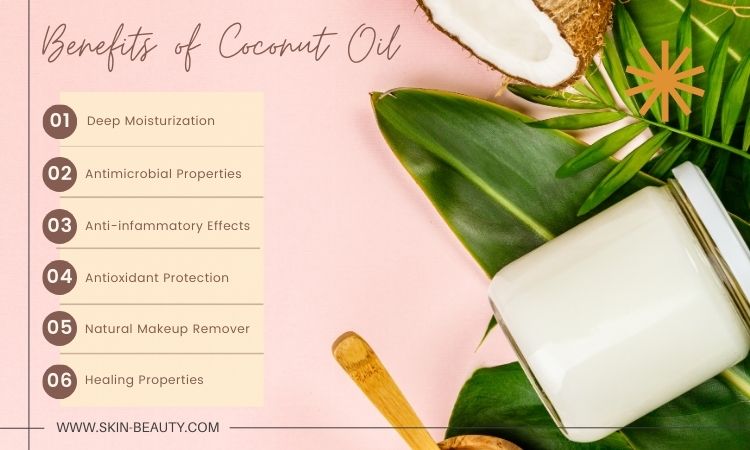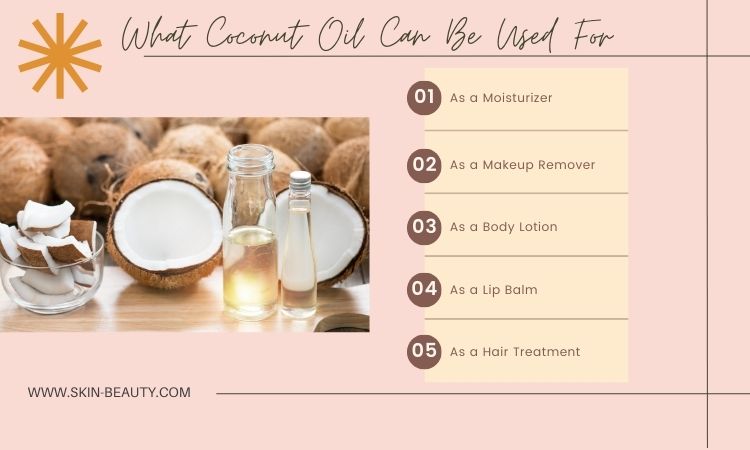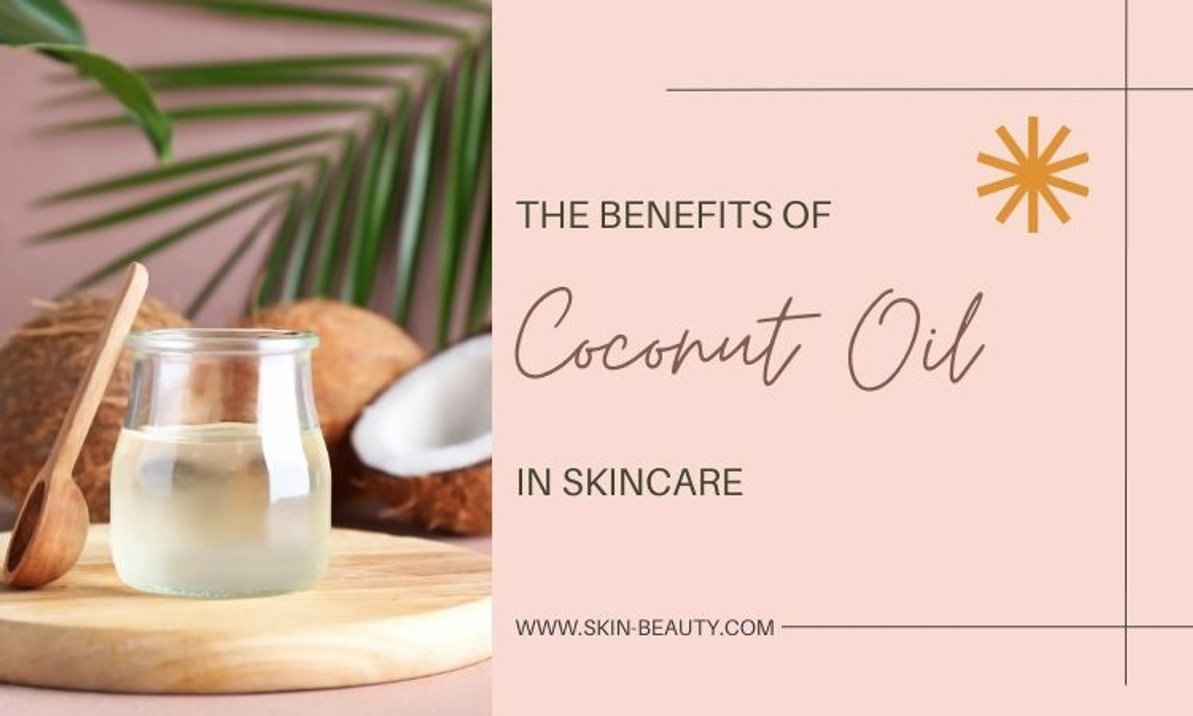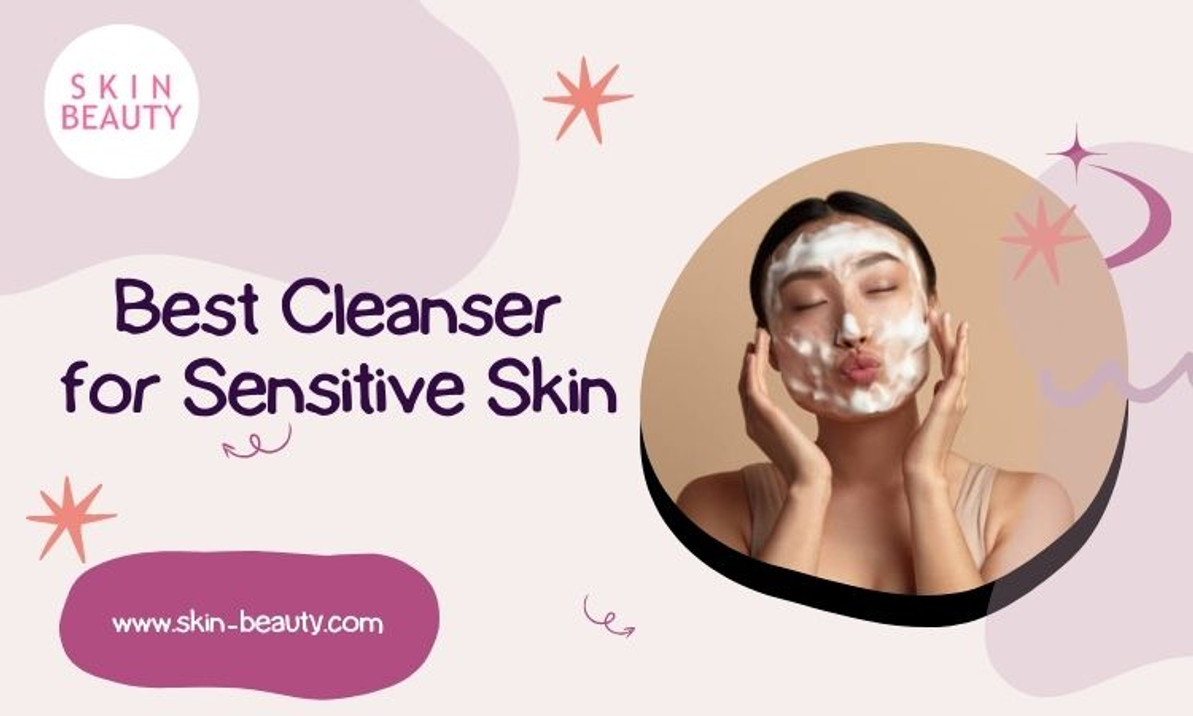Benefits of Coconut Oil For Skin
Benefits of Coconut Oil in Skincare
Coconut oil has become a popular ingredient in skin care, praised for its numerous benefits and natural properties. Derived from the meat of mature coconuts, this versatile oil is celebrated not only in the kitchen but also in beauty routines around the world. Here's a comprehensive look at why coconut oil deserves a place in your skincare regimen and how you can use it to achieve healthy, glowing skin.
Why is Coconut Oil Good For Your Skin?
Coconut oil is rich in fatty acids, particularly lauric acid, which makes up about 50% of its composition. These fatty acids provide deep moisturizing and anti-inflammatory properties, making organic coconut oil good for a variety of skincare needs. Additionally, it contains antioxidants, vitamins, and antimicrobial agents that contribute to its beneficial effects on the skin.
Due to its hydrating properties, coconut oil may be an effective remedy for dry skin. By adding coconut oil to your skincare routine, individuals can combat dryness and promote smoother, more supple skin.
One of the great advantages of cold-pressed coconut oil is that it is suitable for all skin types. Whether you have oily, dry, or sensitive skin, coconut oil can be a beneficial addition to your skincare routine.
Benefits of Coconut Oil For Skin
- Deep Moisturization
- Hydration: Coconut oil is a powerful moisturizer that penetrates deep into the skin, providing long-lasting hydration. Coconut oil can also help lock in moisture, preventing dryness and flakiness. Coconut oil may help to treat dry skin.
- Softness: When applied to the skin regularly, coconut oil can leave your skin feeling soft, smooth, and supple.
- Antimicrobial Properties
- Acne Control: The lauric acid in coconut oil has antimicrobial properties that can help to reduce acne-causing bacteria in oily skin. While it may not be suitable for everyone, some people find that it helps to clear up mild acne.
- Infection Prevention: Its antimicrobial action can also help to protect the skin from infections.
- Anti-Inflammatory Effects
- Soothing: Refined coconut oil can help to soothe irritated and inflamed skin. Its anti-inflammatory properties make it a good option for conditions like eczema and psoriasis.
- Redness Reduction: It can help to reduce redness and swelling associated with various skin issues.
- Antioxidant Protection
- Anti-Aging: Rich in antioxidants, coconut oil can help to fight free radicals that contribute to aging. It can minimize the appearance of fine lines and wrinkles, promoting a more youthful complexion.
- Skin Repair: Antioxidants aid in repairing the skin barrier and promote overall skin health.
- Natural Makeup Remover
- Gentle Cleansing: Coconut oil effectively removes makeup, including stubborn waterproof formulas, without irritating the skin. It gently dissolves makeup while also providing nourishment.
- Healing Properties
- Wound Healing: Coconut oil's moisturizing and antimicrobial properties can aid in the healing of minor cuts, scrapes, and burns.
- Scar Reduction: Regular application can help to reduce the appearance of scars and stretch marks by promoting skin regeneration.

How to Use Type of Coconut Oil in Your Skincare Routine
- As a Moisturizer
- Application: After cleansing and toning, apply a small amount of coconut oil to your face and neck. Massage it in using gentle, circular motions.
- Best For: Dry to normal skin types. Those with oily or acne-prone skin should use it sparingly to avoid potential breakouts.
- As a Makeup Remover
- Application: Apply a small amount of coconut oil to a cotton pad and gently wipe away makeup. Rinse with warm water and follow up with your regular cleanser.
- As a Lip Balm
- Application: Dab a small amount of coconut oil onto your lips to keep them hydrated and smooth.
- As a Body Lotion
- Application: Use coconut oil as an all-over body moisturizer after showering. It helps to lock in moisture and keep your skin soft.
- As a Hair Treatment
- Application: Apply coconut oil to the ends of your hair to reduce frizz and split ends. For a deep conditioning treatment, apply it to your scalp and hair, leave it on for a few hours or overnight, then wash it out with shampoo.

Tips for Using Coconut Oil On Your Skin
- Patch Test: Always perform a patch test before using coconut oil on your face to ensure you don’t have an adverse reaction.
- Pure and Organic: Use pure, organic, unrefined (virgin) coconut oil for the best results. This type retains the most nutrients and is free from harmful chemicals.
- Moderation: Use coconut oil in moderation, especially on the face, to avoid clogging pores and causing breakouts.
Coconut oil is a natural powerhouse with a multitude of benefits for the skin and hair care. Its ability to deeply moisturize, soothe, and protect makes it a versatile addition to any skincare routine. Whether you’re looking to hydrate dry skin, fight acne, reduce signs of aging, or simply find a natural makeup remover, coconut oil may be an excellent choice. Embrace this natural wonder and enjoy the radiant, healthy skin that comes with it!
Recent Posts
-
Best Face Wash for Sensitive Skin
My Journey to Finding the Best Face Wash for Sensitive Skin If you’re reading this, you probab …Apr 22nd 2025 -
Best Under-Eye Bags Cream and Treatment
Best Under-Eye Bags Cream and Treatment Do you have the dreaded under-eye bags that make you look l …Apr 14th 2025 -
Rice Water for Skin Benefits
Rice Water for Skin Benefits Rice water for skin has become a viral beauty trend that is supposed t …Apr 4th 2025




